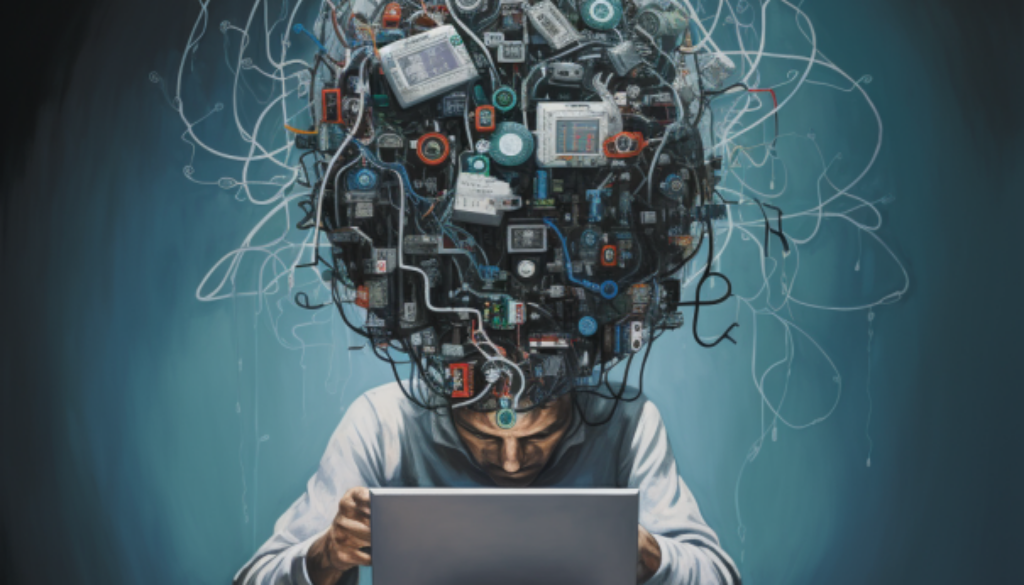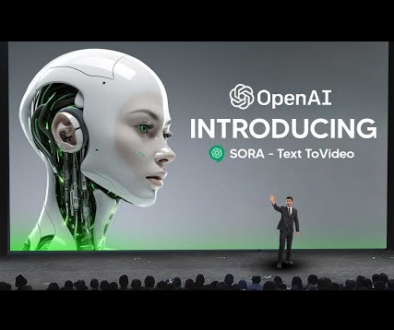Will AI Reshape Marketing?
AI is reshaping marketing NOW. We are seeing AI be treated with a similar flippancy as the World Wide Web in the early 90s. We are only a few years away from a completely different future, especially in the world of marketing. Here are three major ways in which AI is revolutionizing the marketing landscape:
Personalization and Targeting
AI has taken personalization to a new level. It might be on an entirely different plane, if we’re being honest. By leveraging machine learning algorithms, AI can analyze vast amounts of data, such as customer interactions, browsing history, and purchasing patterns, to understand individual customer preferences. Hubspot and other tech companies used to pitch the “persona” model- making educated, generalized guesses on your type of customer. The problem was it was really just a gut-feeling and even some discrimination or stereotyping. You would label a person and treat them a certain way. If you were smart or had enough money, you could adjust the marketing if the person acted more like a different persona.
This AI-powered personalization enables businesses to deliver highly personalized content, recommendations, and offers to each customer, enhancing customer experience and increasing conversion rates. It is all done as it is happening, in the present time adjusting to the needs of the user. In addition, AI can help businesses target their marketing efforts more effectively. For instance, AI can predict which customer segments are most likely to respond to a particular marketing campaign, enabling businesses to allocate their marketing resources more efficiently. It can learn from previous interactions. Rather than judge future behavior through educated guesses, AI makes informed mathematical predictions on past data as that is a better benchmark.
Customer Insights and Predictive Analytics
AI can uncover deep insights about customers and market trends by analyzing complex and large datasets that are beyond human capacity to process. AI-powered predictive analytics can forecast customer behavior, such as which customers are likely to churn or which products they are likely to buy next. Ecommerce is rife with innovations, and social medias like TikTok have been hard at work to use such mathematics. This enables businesses to take proactive measures, such as launching retention campaigns for customers at risk of churn or showing you exactly the videos you enjoy.
Automated Customer Interactions
AI is automating customer interactions through technologies like chatbots and virtual assistants. These AI-powered tools can handle a wide range of customer queries 24/7, providing instant responses and freeing up human agents to handle more complex issues (hopefully). With your own server, you can make an LLM with specific knowledge of your data and business, thus avoiding common hallucinations.
This not only improves customer service but also reduces operational costs. Furthermore, these tools can gather valuable data from customer interactions, providing businesses with insights into customer needs and preferences.
What now?
While these impacts are transformative, they also come with challenges. Businesses must navigate issues such as data privacy and security, algorithmic bias, and the ethical use of AI. Should AI take the jobs of people or simply augment them? Nevertheless, the potential of AI to enhance marketing effectiveness and efficiency is immense, and its adoption in the marketing field is transformative.
This article was assisted by AI. The featured photo was drawn by AI. Where do we keep the human in the loop?



